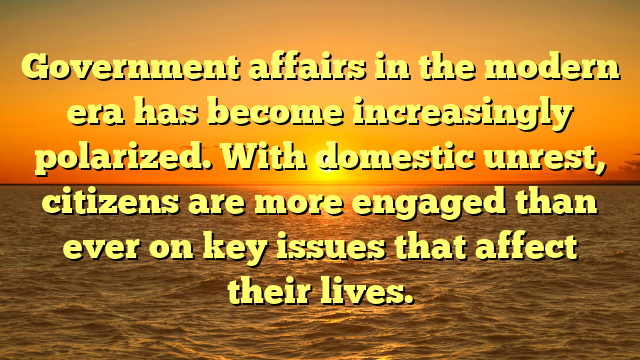sewu 88 slot of the most divisive topics is the balance between freedom and regulation. Many believe that government oversight is necessary, while others see it as a threat to liberty. This debate plays out across national debates and deeply influences voter turnout.
In the American political system, the next presidential race are already attracting attention. Democrats and Republicans are crafting messages around core challenges like the economy, immigration, and social justice.
Voter sentiment remains a critical factor. Polls suggest that a growing segment of the population are disconnected from career politicians. This shift are prompting grassroots movements from both established and outsider candidates.
In the background, international developments are also affecting domestic politics. Tensions in Eastern Europe are prompting leaders to increase defense budgets. These global factors often stoke debates in national discourse.
Media bias continues to challenge public perception. The electorate must navigate a wave of inaccurate information, which erodes trust in democratic processes. Campaigns to promote media literacy are gaining traction, but the threat persists.
In the midst of uncertainty, momentum remains. Youth involvement is on the rise, and activists across the country are reimagining democracy. As the political landscape evolves, so too does the spirit of engagement.
In conclusion, politics in 2025 is defined by both conflict and opportunity. Whether through the ballot box, public discourse, or digital platforms, people are shaping the future. The coming years will depend on how we respond—as voters, leaders, and stakeholders.
—
Government affairs in the modern era has become increasingly polarized. With domestic unrest, citizens are more engaged than ever on key issues that affect their lives.
